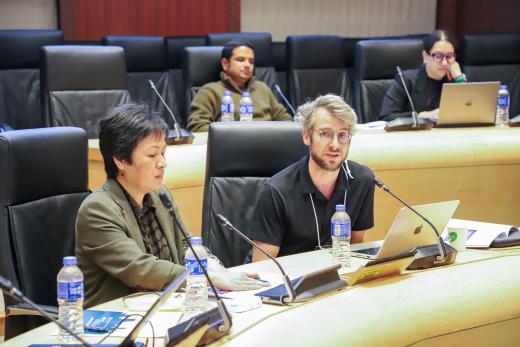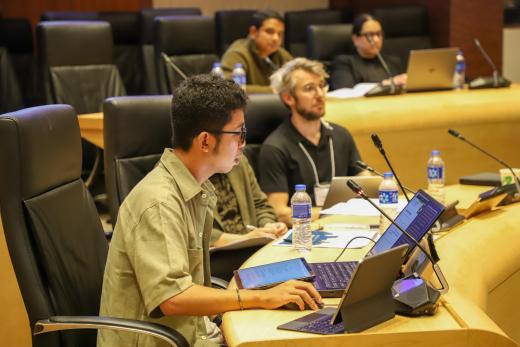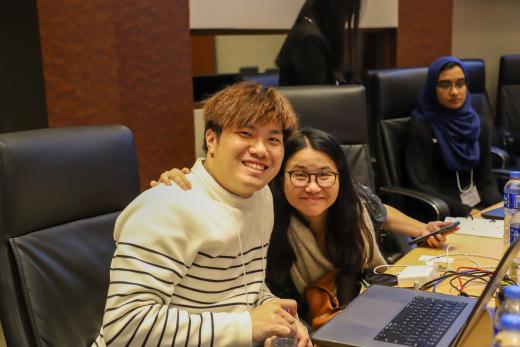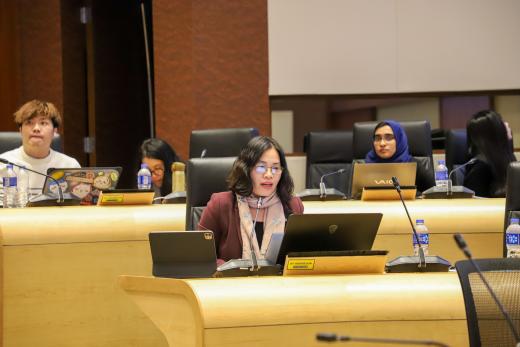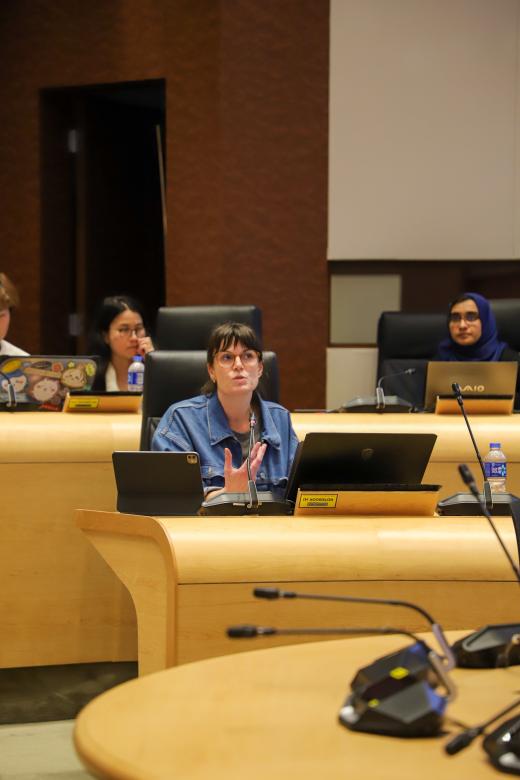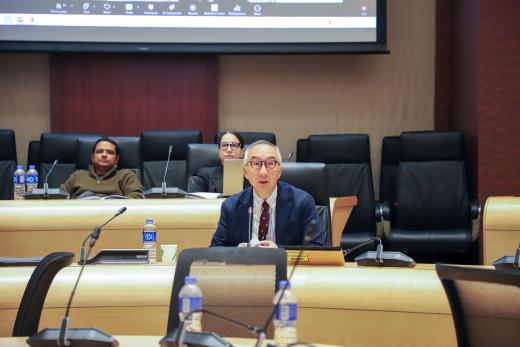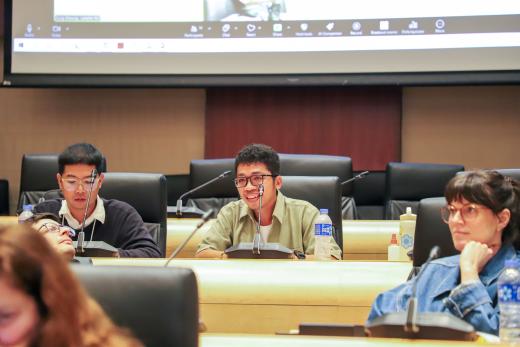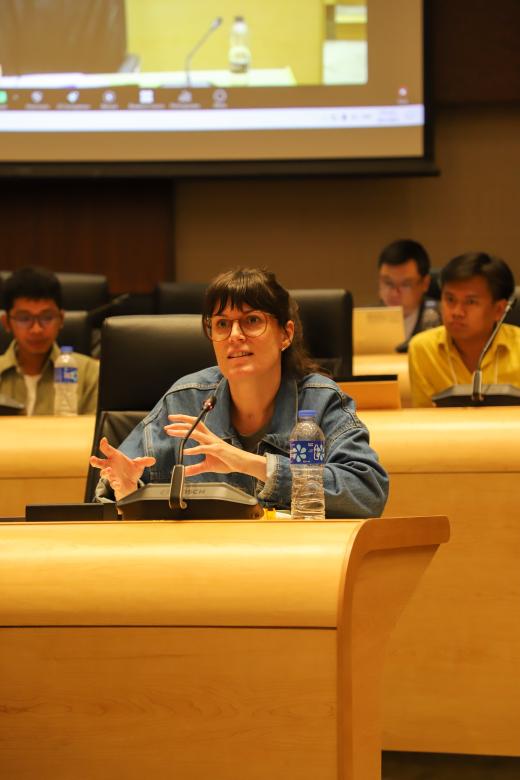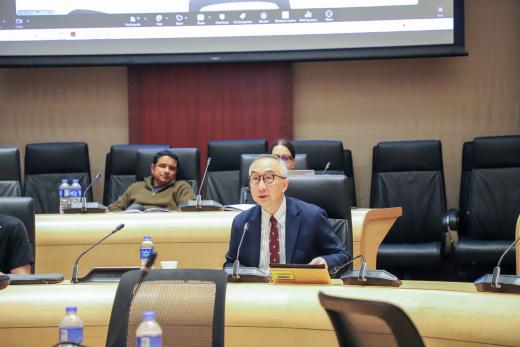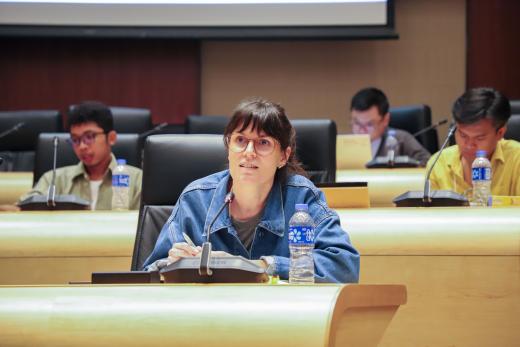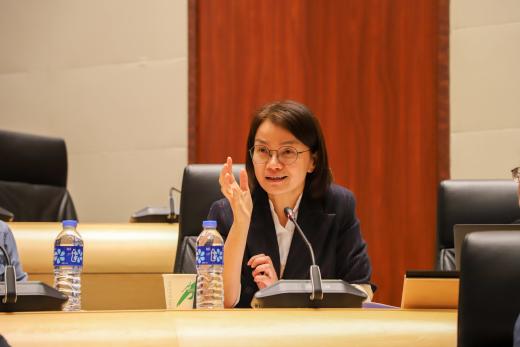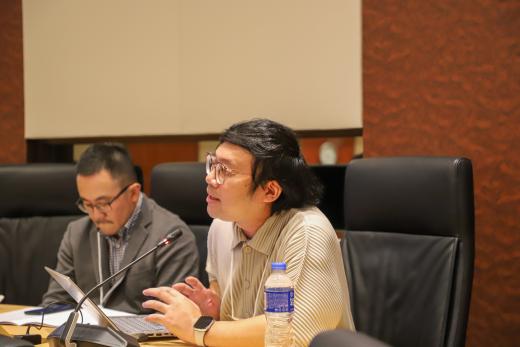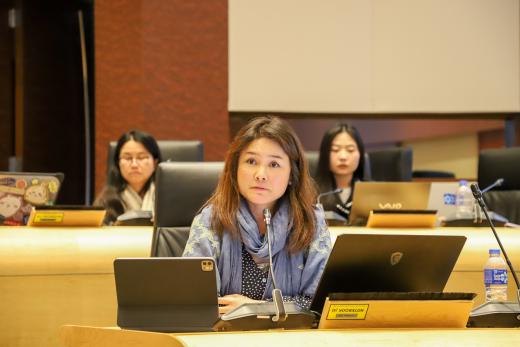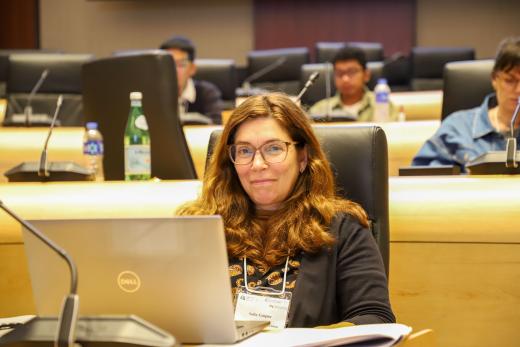News
Social Network Mapping workshop: takeaways
5 March 2025

Between 27 February and 02 March 2025, AspirE joined a series of events organised under the umbrella of the workshop titled “The challenges and future of transnational mobility/ Transnational what, why and how?” While a news post has been shared about the Steering Committee meeting (see HERE), it is worth sharing the outcomes of the AspirE workshop focused on social network mapping. In preparation for an edited volume gathering the results of 8 AspirE teams, the AspirE workshop was organised as an opportunity to share a preliminary version of team members' contributions.
The presentations examined the role of social networks in shaping migration decisions, trajectories, and experiences across different migrant groups from Asia to Europe. They highlighted how formal and informal networks—ranging from family and friends to recruitment agencies, government institutions, and online communities—mediate access to resources, information, and opportunities, while also imposing constraints. Several contributions focus on specific migrant groups, such as Thai berry pickers in Finland, Vietnamese migrants in Europe, Chinese migrants to Portugal, Filipino migrants in Italy, and Japanese self-initiated migrants, revealing variations in how social networks function across migration types. Family ties emerge as particularly influential in labour migration, investment, and family reunification, whereas professional and friendship networks play a greater role in educational and lifestyle migration. The studies also explore the evolving nature of social networks, showing how migrants navigate and reshape their ties over time, from pre-migration aspirations to post-migration integration and potential re-migration. By adopting diverse methodological approaches—including semi-structured interviews, social network mapping, and a temporal perspective—these contributions offer nuanced insights into the intersection of social capital, migration infrastructure, and personal agency. They collectively emphasize the need for transparent migration processes and institutional protections while challenging static views of migrant networks, demonstrating how they are dynamic, context-dependent, and deeply embedded in broader social, economic, and regulatory frameworks.
Congratulations to all the presenters and to our discussants (Dr. Anita Chen, Dr. Fox Hu, and Pr. Lui Tai) for the enriching exchanges!
A special thanks to Isabella NG Fung-Sheung, Tommy Kwan, Xiaomen (Gloria) Chen, and their EduHK colleagues for hosting AspirE's events and for the successful organisation of the events, along with the panel sessions of 01/03 in which AspirE local Principal Investigators participated as discussants (Asuncion Fresnoza-Flot, Maruja M.B. Asis, Mari Korpela, and Sofia Gaspar).
